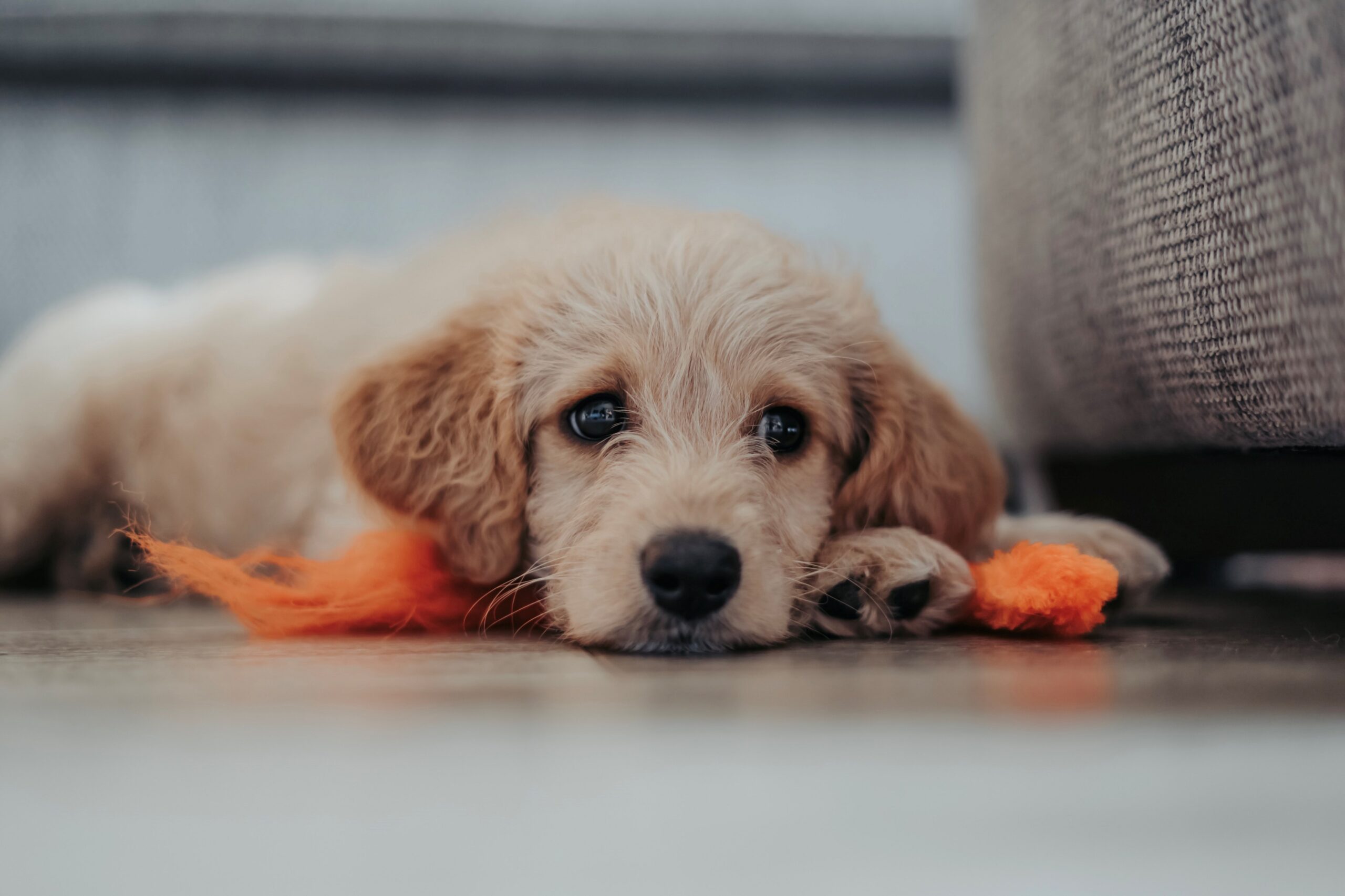Puppies are brilliant bundles of fun. They are full of energy, and they are joyous to have around, so are you ready to have your home and life turned upside down with a furry bundle of joy. As most people know, puppies can be slobbery, chewy, and a bit naughty eating those things they shouldn’t and having little accidents here and there, but apart from this, what else do you know about puppies, and what else should you consider when getting a puppy?

Costs and Time
Puppies of any age require an investment of both time and money. You will have to buy a lot of things to get started with a puppy, such as a new bed, food, bowls, leads, a collar, and puppy training pads, and as you can see, costs can soon mount up. As well as the physical costs of getting started you need to be aware of how much time a puppy will take up. Puppies will need housetraining to ensure that they do not wee or poo in your home. Toilet training your puppy can take hours each day, and the whole process can last several weeks (sometimes months). Do you have this time to commit to a puppy? Not getting toilet training sorted when they are young can cause other behavioral problems as they get older, so time invested early on is well spent.
Health and Care
More costs come in the form of vet bills which can be both one-offs for things such as vaccinations and boosters, and they can also be long-term if your puppy develops an illness or suffers an accident. At easyvet, you will be able to establish roughly how much vet bills cost, and this is good as it is always advantageous to know roughly how much a puppy will cost you over their lifetime as they grow into an adult dog. In addition to vet care, your puppy may also need behavioral classes and training to help them transition from becoming a boisterous puppy into a well-behaved adult. If training is not undertaken with puppies and followed through, then you may find yourself with a bored and subsequently destructive dog on your hands.
Breed, Size, Temperament
Puppies come in all breeds and sizes, but what breed would you like to own. Small puppies do not always turn out to be small dogs, so think about how much space you have to offer within your home. Puppy’s temperaments can often be high octane up until they are around one year old, and after this, they tend to settle down. Certain breeds are known to be more wired than others; for example, a Jack Russell or Yorkshire terrier may be small, but don’t be fooled as they are feisty breeds, and they like to be on the lookout all the time, which could make them barky or yappy, this may suit you fine – but, what about your neighbors? If you are after a bigger dog, then Labradors and retriever puppies are adorable, and they can be lovely family dogs, but they need stimulation and work to ensure that they do not become bored.